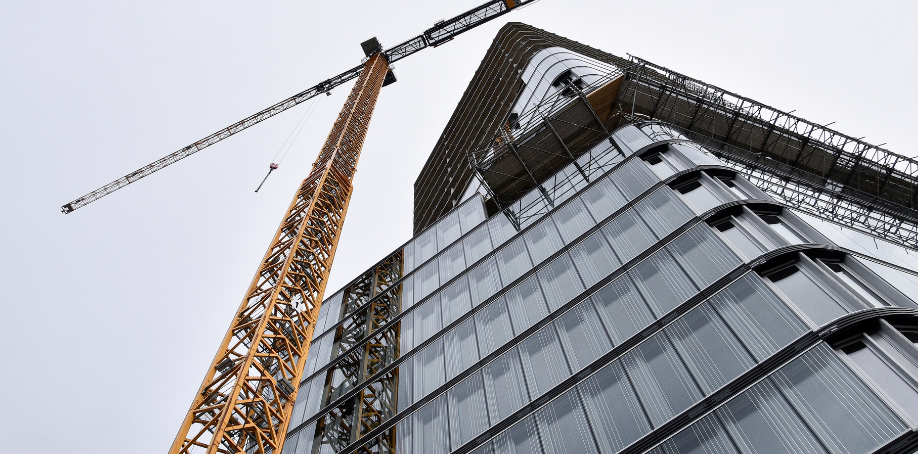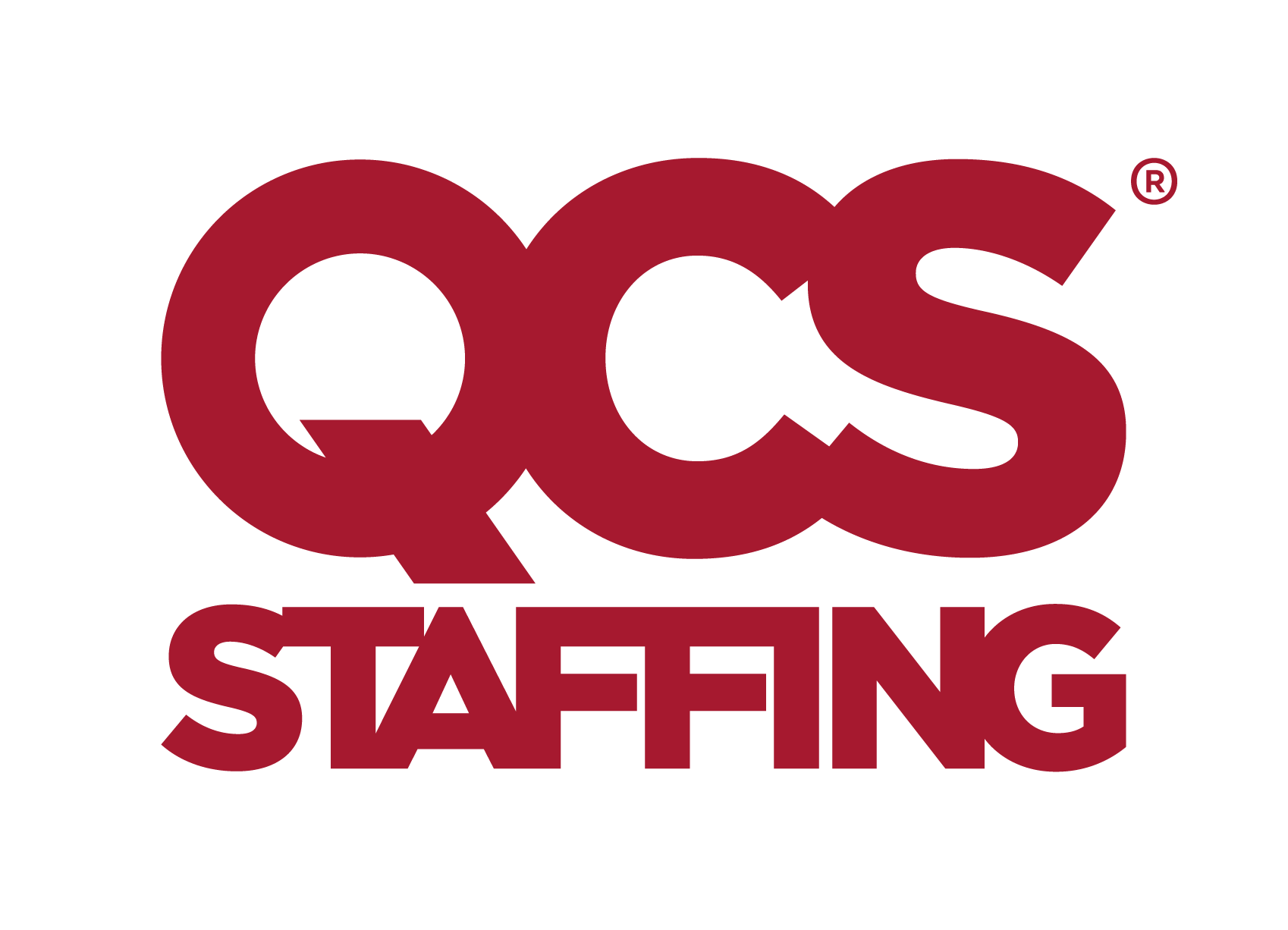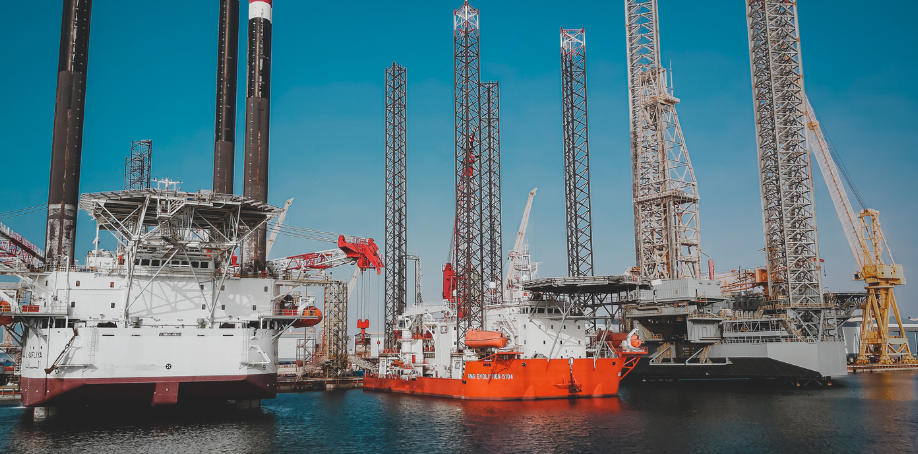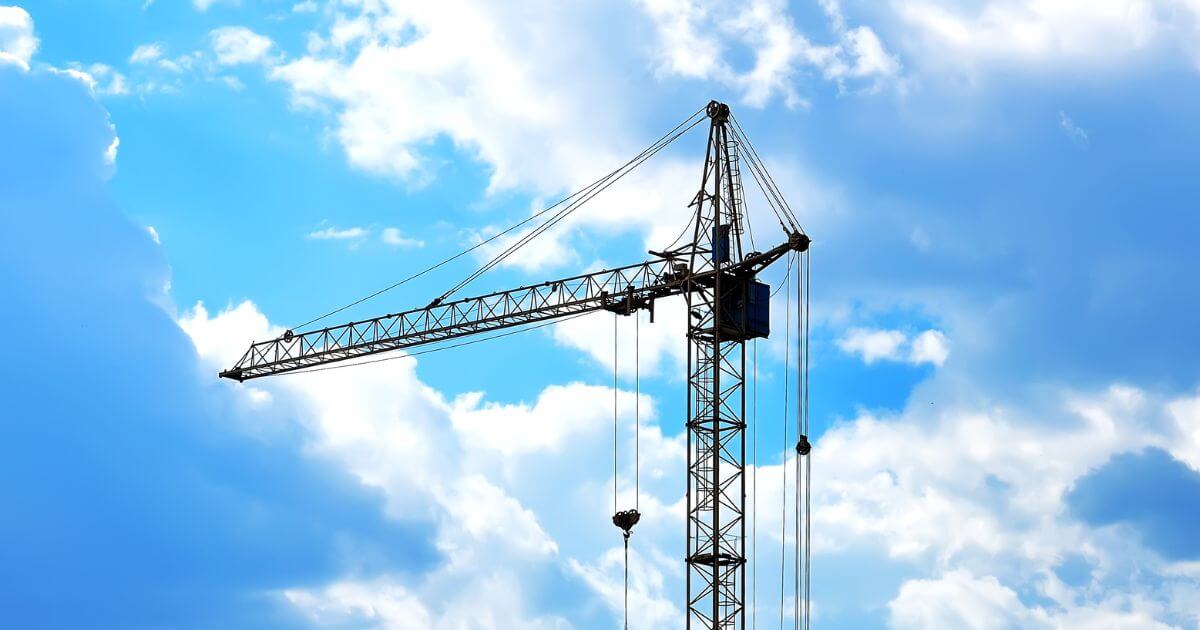Onshore vs Offshore – What's the Difference?
When it
comes to careers within the heavy lift industry, we often find that roles with similar titles require
a variation of different skills and experience to perform. While the titles of
these projects may be self-explanatory, the speculations/requirements behind
these can be very different!
Should I work an onshore role?
Onshore projects are usually of a very large scale and typically based on construction sites, infrastructure developments, ports, or industrial facilities. These sites can range from urban developments to remote areas, depending on the nature of the project. These projects are more common than offshore and can be found in numerous locations, making this sort of work easy to get to, often cancelling out the need for long travel or relocation.
Like with any industry, the project length is dependent on the scale and complexity of the work involved. This means that these roles offer a great variety of contract lengths which can be as little as a few weeks-months or more long term like 3+ years. Whether you prefer short or long-term contracts, onshore projects provide an option which tailors to both!
At QCS Staffing, our clients are always looking for roles such as Riggers, Crane Operators, Lift Supervisors and more! Obviously, these roles require their own qualifications or certificates and experience; but for roles such as Riggers, onshore work is a great way to gain experience and develop your skills as an entry level candidate.
Advantages:
Working onshore in the heavy lift industry comes with a lot of practical benefits that appeal to many professionals. One of the biggest plus points is the routine, most roles follow a regular schedule, meaning you can head home at the end of the day rather than spending weeks away offshore. This makes it easier to balance work with family life or personal commitments. Onshore projects are often more accessible too, with sites located across the UK in areas like ports, construction zones, and industrial facilities. You’ll be part of a team, working alongside other skilled trades, and there’s plenty of opportunity to build your experience and move up the ladder. Whether you're starting out as a Rigger or stepping into a Lift Supervisor role, onshore work offers stability, variety, and a clear path for career progression.
Disadvantages:
While onshore heavy lift roles offer stability and routine, they’re not without their challenges. The work can be physically demanding, often outdoors in all weather conditions, which means long days in the cold, rain, or heat depending on the season. Sites can be noisy, dusty, and busy, requiring constant awareness and strict adherence to safety protocols.
Travel to and from remote or congested locations can also be tiring, especially for those commuting daily. Unlike offshore roles, which often come with accommodation and extended time off, onshore work typically involves a standard weekly schedule with fewer perks, but can still offer great benefits. While there are opportunities for progression, competition can be high, and roles may be more limited depending on the region and project availability

What is an offshore job?
Heavy lift offshore work involves the transport and installation of extremely large and heavy structures at sea, such as wind turbine foundations and subsea equipment. These operations are carried out using specialist vessels fitted with high-capacity cranes and advanced lifting systems. It’s a demanding environment where precision, safety, and teamwork are essential.
A similarity between onshore and offshore, is we also recruit for Rigger jobs, Lift Supervisors, Crane Operators and more. These job titles are the same, but as mentioned previously, the style and demand of work is where the differences lie.
Advantages:
Working offshore in the heavy lift sector can be a brilliant opportunity for those looking to earn well and gain experience on large-scale, high-profile projects. One of the main draws is the rotational work pattern. Typically, this can be two weeks on, two weeks off, or longer - which gives you extended time at home between shifts. Offshore roles often come with enhanced pay rates, accommodation, meals, and travel covered, making them financially attractive. You’ll be part of a tight-knit team, working in a highly regulated environment where safety and precision are paramount. The work itself is challenging and varied, often involving complex lifts in demanding conditions, which can be incredibly rewarding for those who enjoy problem-solving and hands-on engineering. For many, offshore work also opens doors to international opportunities and long-term career progression within the energy, marine, and renewables sectors.
Disadvantages:
For many professionals, offshore heavy lift work presents unique challenges that are worth considering before committing. One of the most significant drawbacks is the time spent away from home and rotational shifts often mean weeks at sea, which can be tough on family life and personal routines. The working environment is demanding, with exposure to harsh weather, limited personal space, and a strict daily structure. While safety is rightly a top priority, the procedures can feel rigid and repetitive. Social interaction is limited to your crew, which can lead to feelings of isolation over time. Offshore work requires a strong mindset, adaptability, and a willingness to be away from the comforts of home for extended periods. Another factor is the required qualifications and certification, such as (level one two or three) rigging certificates, or GWO’s.
Finding a role that’s right for you
Whether you're drawn to the routine and accessibility of onshore work or intrigued by the unique challenges and rewards of offshore projects, both paths offer valuable opportunities within the heavy lift industry. Understanding the key differences, from working environments and schedules to safety requirements and career progression, can help you to make a more informed decision that suit their lifestyle and professional goals. At QCS Staffing, we’re here to guide you through that journey, connecting skilled individuals with the right roles, whether it’s a Crane Operator job, a Lift Supervisor position, or a Rigger role, both lines of work require participants!
Find your next role within Onshore or Offshore Renewable Energy
Finding the right heavy-lift jobs can sometimes become challenging. However, with QCS Staffing, you no longer have to stress about this! We have been connecting skilled professionals with top employers in the renewable energy sector that offer competitive salaries and focus on innovation and learning. Send us your CV today and we will match you with your perfect role.






.png?v=80a0421a8ae621e572ffffe39c6613df)
